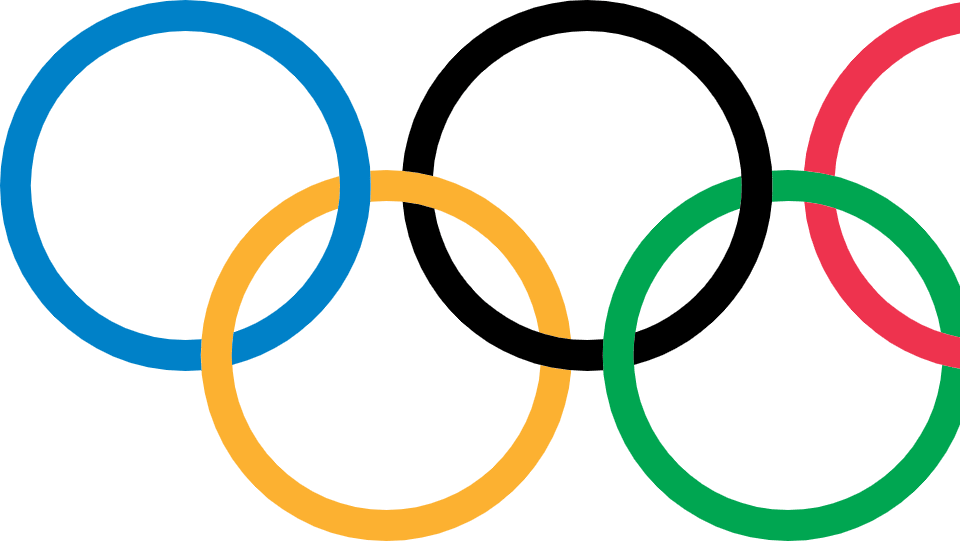Sochi 2014 President shares final lessons during official IOC Debriefing
The President and CEO of the Sochi 2014 Organising Committee, Dmitry Chernyshenko, talks achievements, legacies and knowledge transfer as the IOC Debriefing of the Sochi 2014 Olympic Winter Games gets into full swing in the next Olympic Winter Games host city of PyeongChang, Republic of Korea.

The Sochi 2014 Olympic Winter Games are taking centre stage for the last time during the official IOC Debriefing, which is part of the IOC’s Olympic Games Knowledge Management (OGKM) programme, and plays a crucial role in allowing future host and bidding cities to better understand the challenges and opportunities linked to organising the Olympic Games.
“It’s a different role for us and it’s a bit sad as it marks the end of a chapter, but we are here to fulfil the final stage of our mission,” comments the Sochi 2014 President and CEO.
After seven years, the “pupil” has become the master and Chernyshenko, along with 65 specialists from Sochi, are on-hand throughout the four-day event to share knowledge, expertise and advice on producing successful and unique Games.
“We learned a lot from previous successful debriefs,” comments Chernyshenko, who attended his first debriefing in 2006, following the Turin Olympic Winter Games. “We know how important it is to share the vision, the secrets and the details to help the next organisers learn from our achievements and from our mistakes, and we are both proud and happy that we can now contribute to the next Olympic Winter Games.”
Sustainable legacy: the key to success
The 2014 Olympic Winter Games have transformed Sochi from “an ordinary, Soviet-style, old-fashioned resort into an all year-round international sport and leisure destination”. For the President of Sochi 2014, the key to success has been having a sustainable legacy.
“From the beginning of our bidding campaign, legacy was a key focus in everything that we did. It was inconceivable for us to host one of the biggest sporting and social events in the world, which comprises of just two weeks of competitions and celebrations, without ensuring that the legacy would be the major outcome of the event.”
The legacies from Sochi 2014 have thus been numerous and varied, from promoting education, physical activity, public health and inclusion, to developing a volunteering movement throughout Russia for the first time.
Since February, with its new state-of-the-art venues, Sochi has already hosted a dozen different sporting and cultural events. As it prepares to welcome the Formula One Grand Prix next October, and the FIFA World Cup in 2018, Sochi is becoming a hot spot for internationally-recognised events.
“The future of Sochi is bright,” affirms Chernyshenko, as a recent governmentally-approved legacy plan will also help ensure that, for the next three years, there are funds in place to assist with the upkeep and promotion of the venues.
Passing the baton to future Organising Committees
As the Sochi 2014 Organising Committee’s activities come to end, Dmitry Chernyshenko speaks from experience and shares his final thoughts: “The best Games are delivered by the best people; it is then vital to create a strong professional team, to keep these people from the beginning, and to invest and educate them; and that would be my advice for the next organisers at this stage in the preparations.”
As for those cities bidding for the Games, Chernyshenko reminds them to “open their minds, recognise the advantages and opportunities for the country and for the hosting region, and establish a sustainable legacy.”
The Debriefing will run from 29 June to 2 July, and will touch on all aspects of Games organisation through a combination of plenary and breakout sessions. It will involve over 400 people from the different host cities and Games stakeholders.